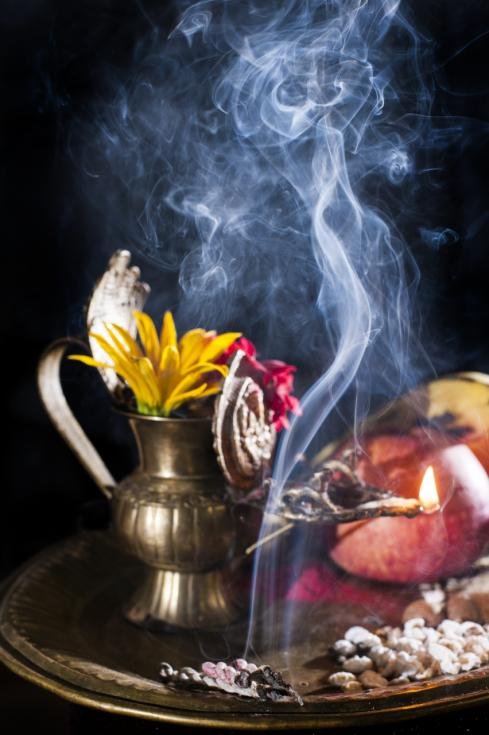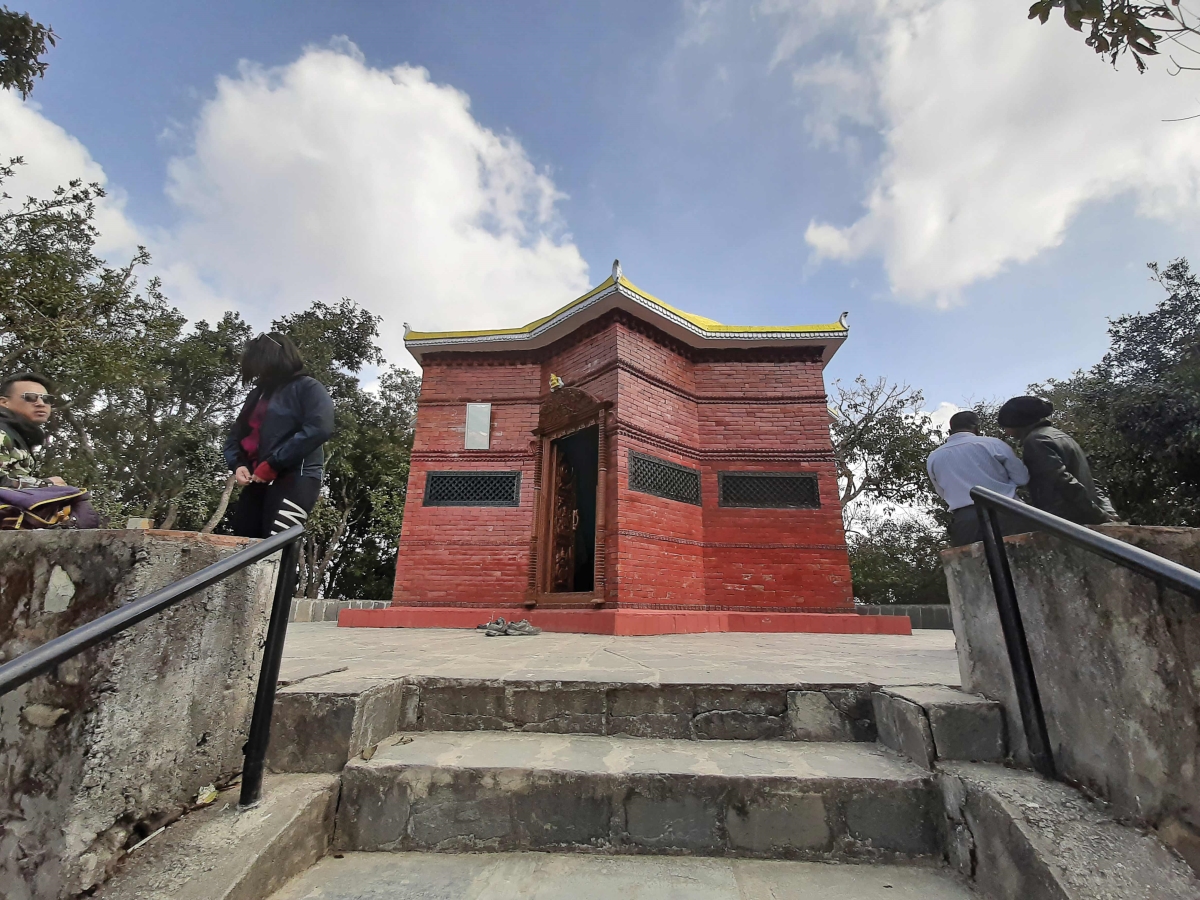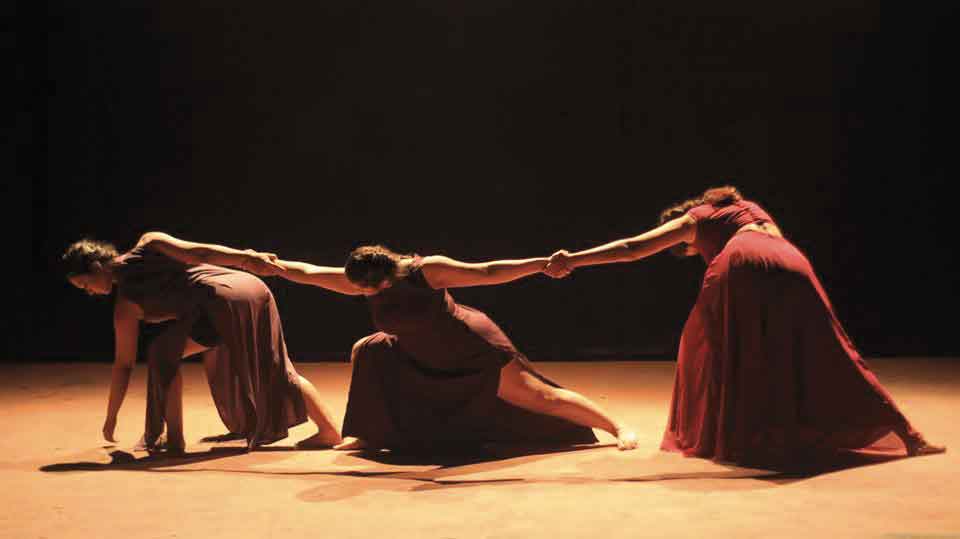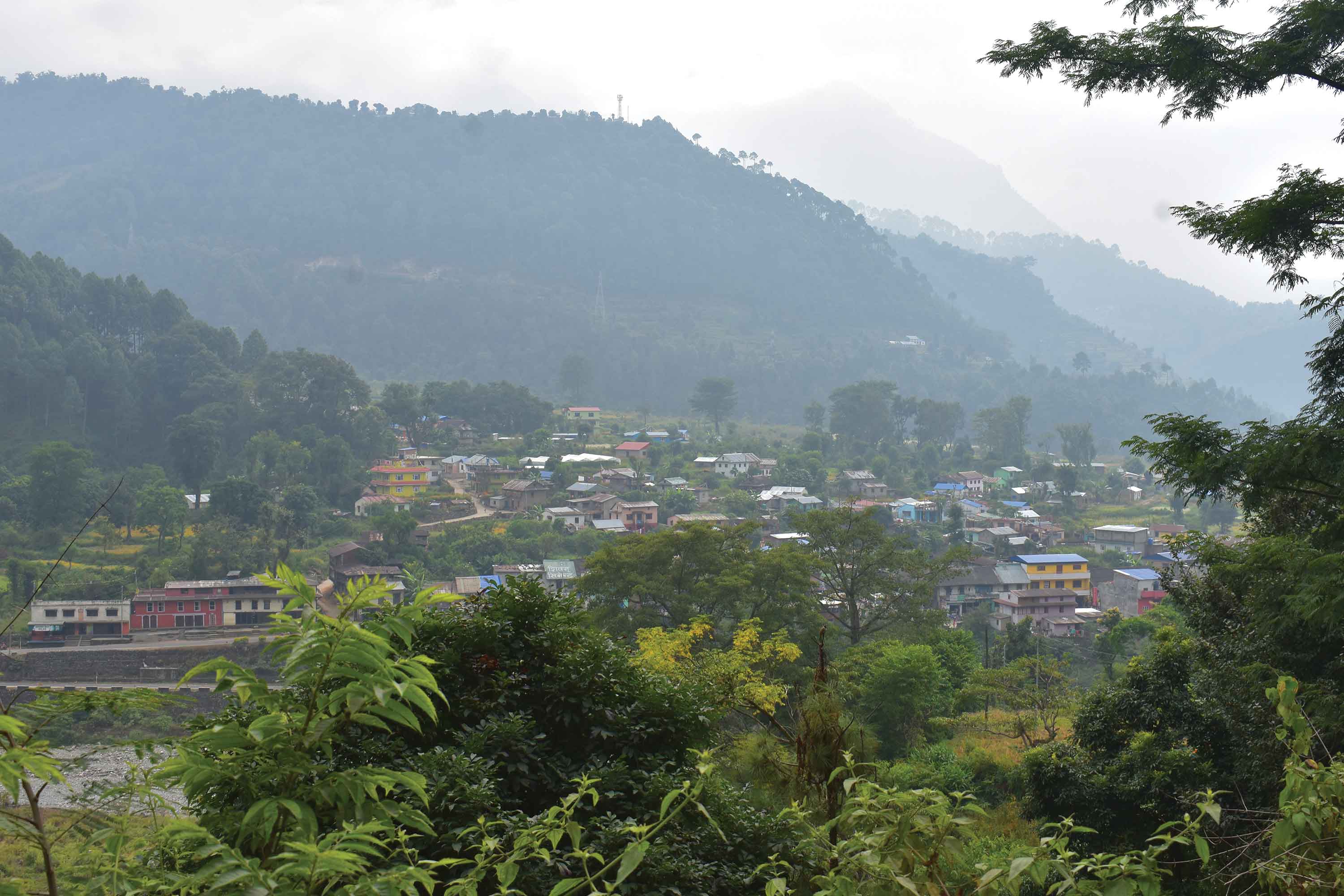
Henrik Johan Ibsen had been a pioneer in his own right. Born to a merchant family in the village of Skien in Norway in 1828, he is known for penning plays that were controversial in his time, thereby giving rise to modern realistic drama for the first time in history. Ibsen’s pieces challenged the conservative ideals of Victorian society that were prevalent during that era, when drama was expected to be morally correct. His stories dealt with theories of liberty, political justice and social equality; by employing the use of satire and his innate sense of cynicism, he was able to protest against existing standards. And while his works were criticized initially, he went on to become one of the most frequently performed dramatists in the world. In remembering Ibsen’s contribution to the stage, and commemorating the centennial of his death in 1906, the Aarohan Theatre Group and Gurukul recently organized the Ibsen Theatre Festival, from 1st to 11th November.
The festival welcomed groups from India, Bangladesh, Pakistan and Norway to perform at the Rimal Theatre in Old Baneshwor and the Aarohan Theatre Group inaugurated the event with the Nepali adaptation of “Master Builder” (Mahan Shilpi), directed by Sunil Pokherel. An introspective drama that revolved around the male protagonist and his female companion, this first play spoke of an all-consuming desire for success and Sunil Pokherel’s performance was impeccable in the title role.
On the second day, the Shailnat group from Dehradun, under the direction of Shrish Dobhal, staged “Enemy of the People” (Jan-Shatru) in Hindi. The same play was performed by two other groups on later days– the actors from Ritwik in India, directed by Goutam Roychowdhury, who presented the Bengali version (Deshdrohi), and the group from Ajoka Theatre in Pakistan with director Madeeha Gouhar, in Urdu. It was interesting to see how the three adaptations had captured the distinct traditional elements of each culture while being centered on the same issues as the original play – the struggle against hypocrisy and greed. Written more than a century ago, the theme still finds relevance today. The Urdu version was one of the favorites, lauded by the audience and the other participants alike.
“The Ghosts” (Pretochhaya), directed by Sanjoy Kar was enacted by the Natyabhumi group from India on the 4th. A critical commentary on morality, the play emphasizes on Ibsen’s ideologies regarding society. He compels his characters to examine themselves and the circumstances surrounding them, so that they may make peace with their deeds and their own shortcomings. “A Doll’s House” (Putaliko Ghar), on the other hand, is a take on the traditional roles of men and women, and the actors from Aarohan did a wonderful job bringing the story to life.
Pocketteateret of Norway provided us with perhaps the most enigmatic performance of the entire festival on the 5th day with “The Story of the Wild Duck” in Norwegian, directed by Stig Braten. Taking on seven different roles, actress Ingunn Oyen riveted the crowd with her skillful transitions from one character to another. One of Ibsen’s most complex dramas, Wild Duck speaks of dark secrets that lurk behind seemingly ‘normal’ families, which are revealed over the course of the story. Despite the unfamiliar language, and with barely any props to her aid, Oyen still managed to impress with the sheer power of her versatility. Ibsen’s poetry took to the stage on the 6th with “The Death of Happiness” (Khusiko Mrityu), presented by M. Art Theatre from Nepal. The play, under Birendra Hamal’s direction was an appealing visual treat, but the somewhat incomprehensible use of symbolism and lackluster execution of dialogues was a bit of a disappointment.
Pranab Mukherjee’s act on the 9th was another favorite. Titled “Inviting Ibsen for a Dinner with Ibsen”, the 80- minute monologue was an enthralling combination of the ramblings of a schizophrenic character interspersed with key instances and elements of Ibsen’s life, bringing to light the various shades of his personality. Mukherjee’s performance was truly enthralling; with an unabashed sort of confidence and a wry sense of humor, he was meticulous, even in his clever positioning of props, often stumbling into the audience and manipulating the stage lights and visuals to accentuate his presence. The festival concluded with the staging of “Resurrection” (Punarutthan) on the 11th by the Centre for Asian Theatre from Bangladesh. Making use of curtained silhouettes, Resurrection was a captivating play of lights and shadows, all meant to depict Ibsen’s struggles and eventual flight into freedom.











